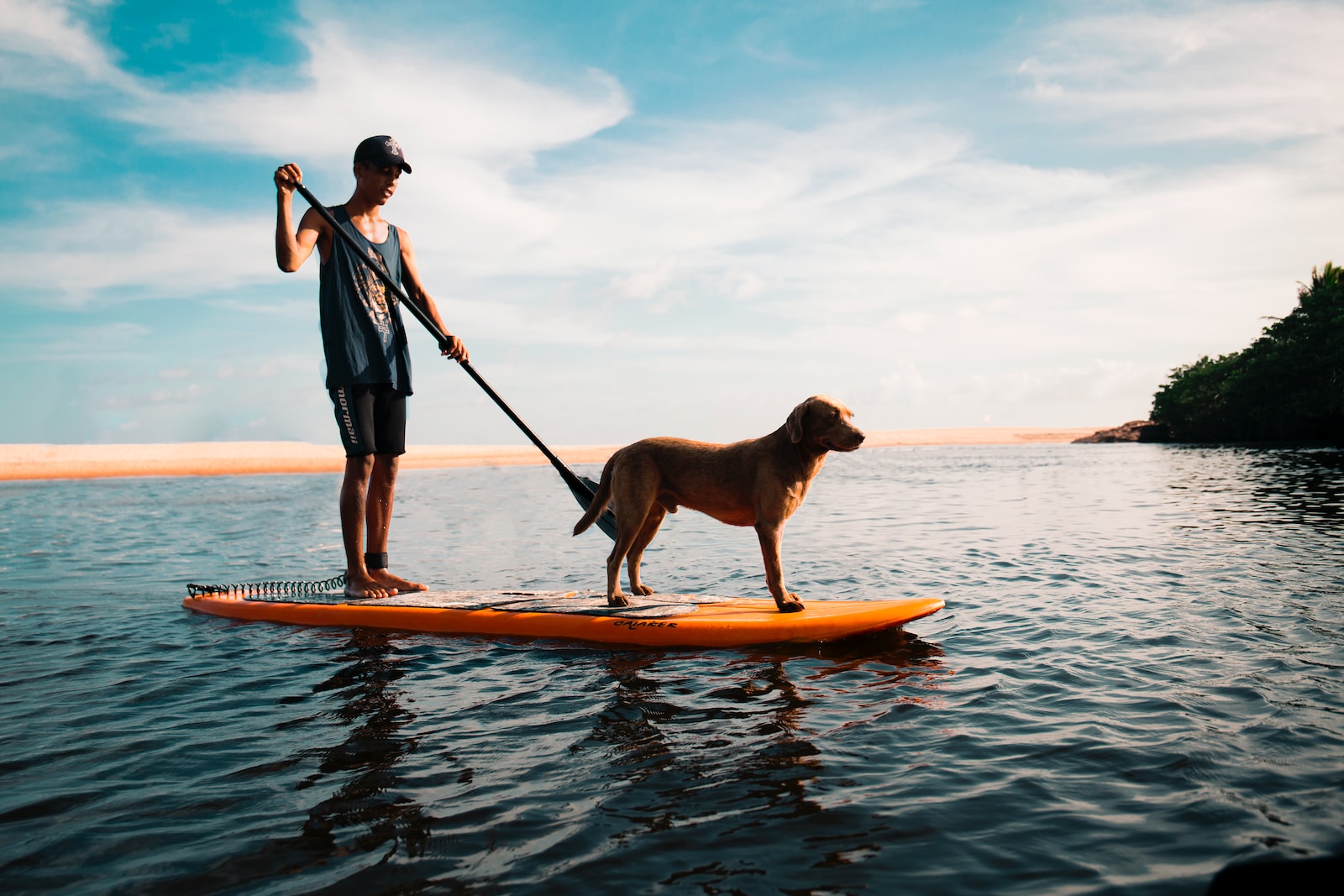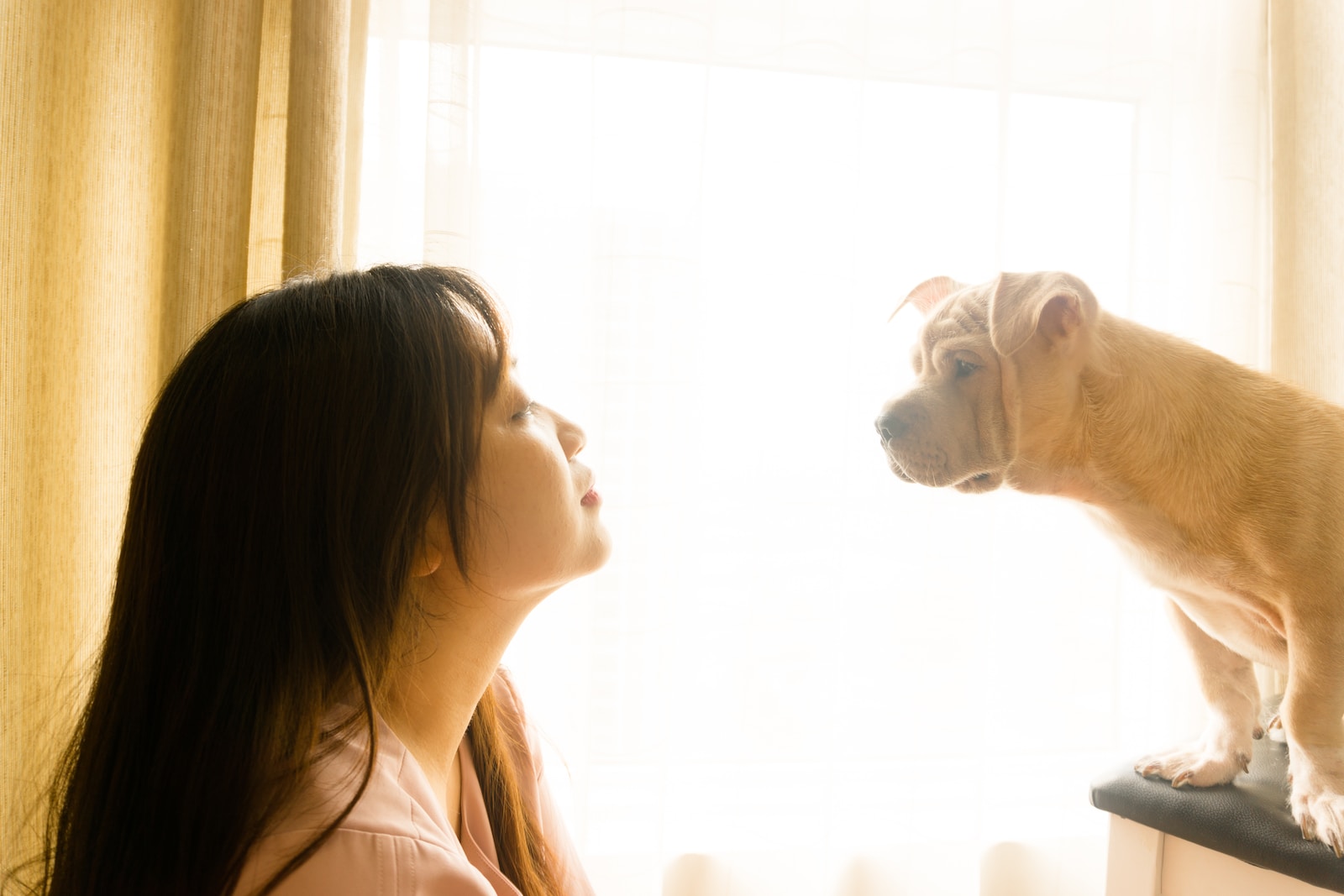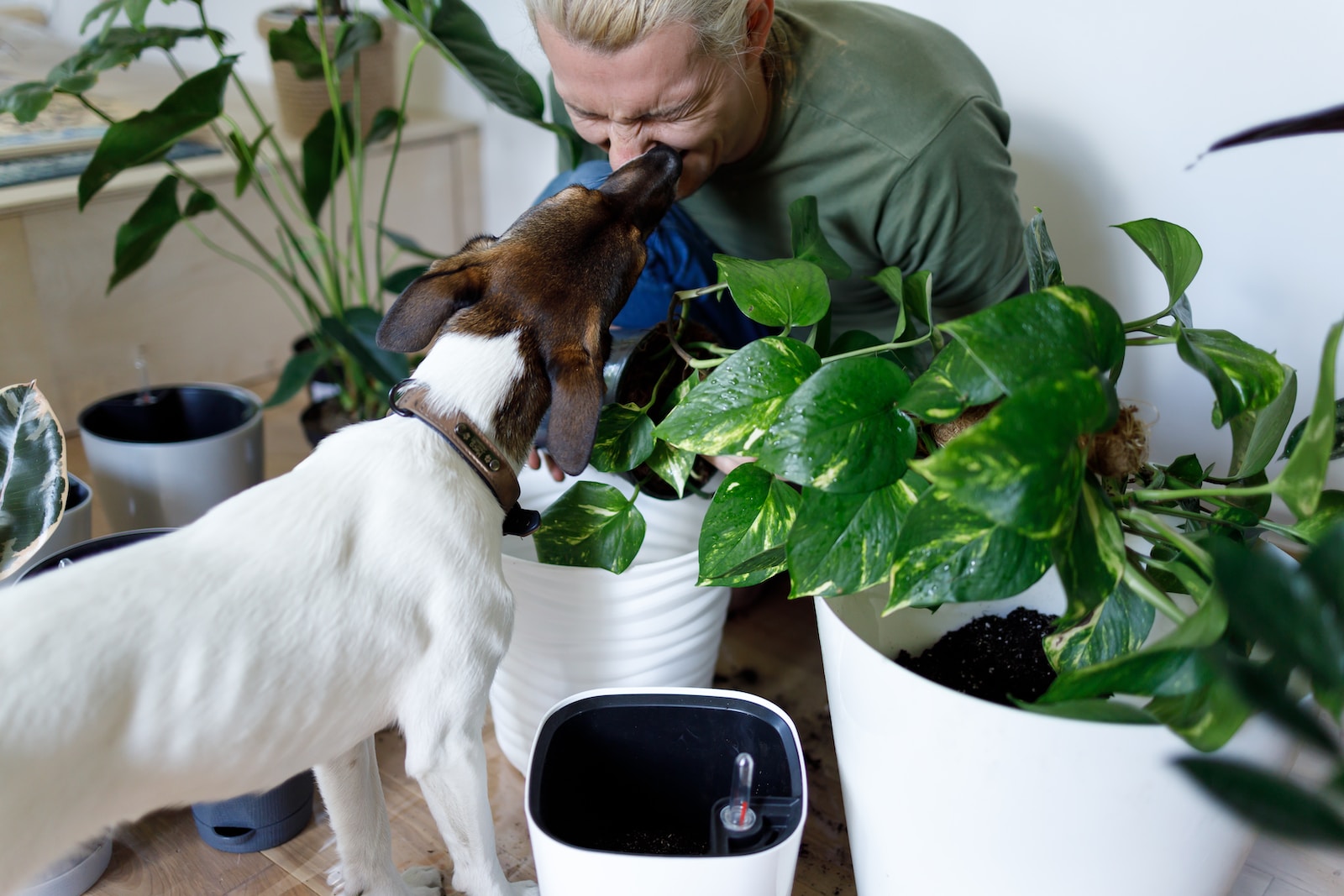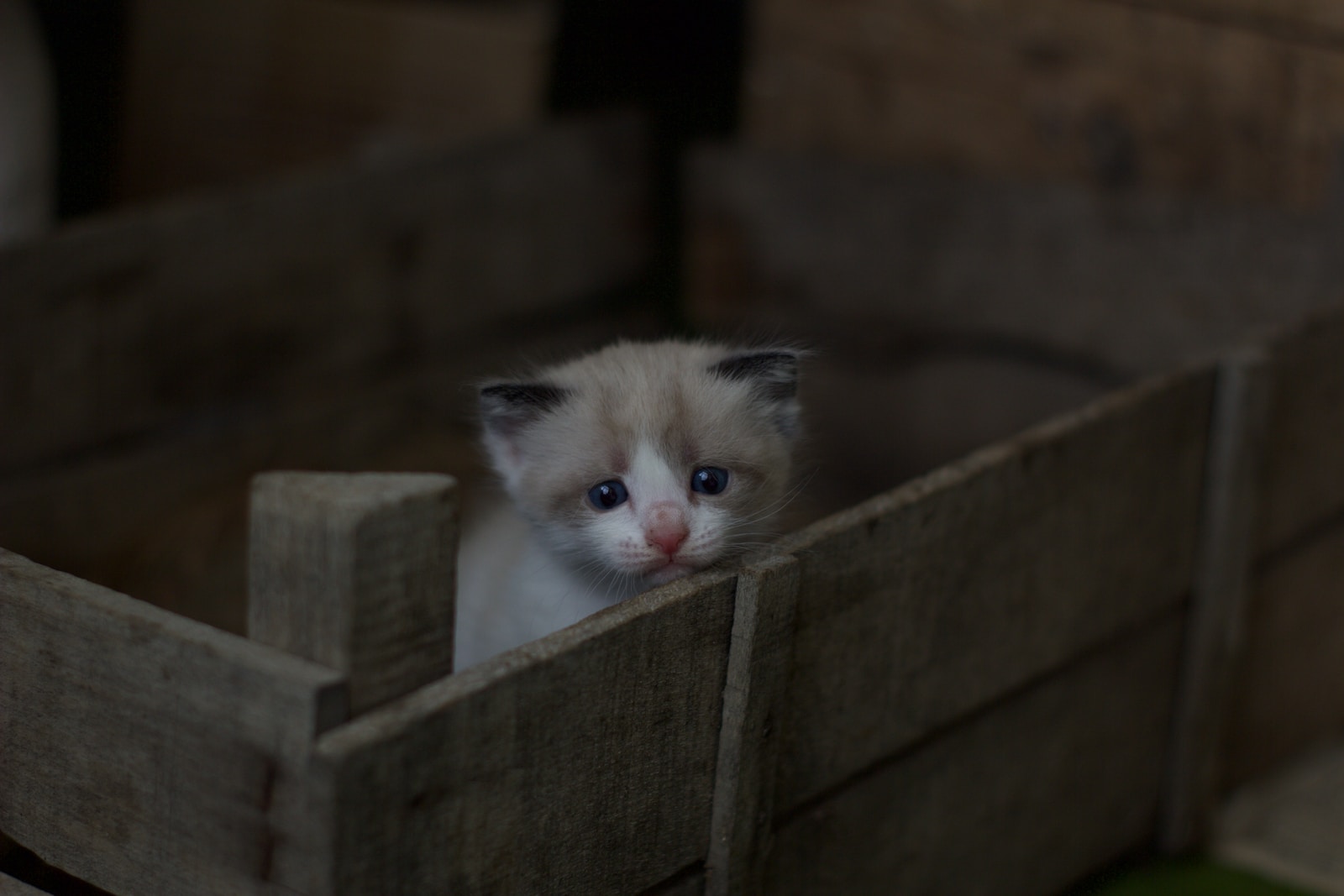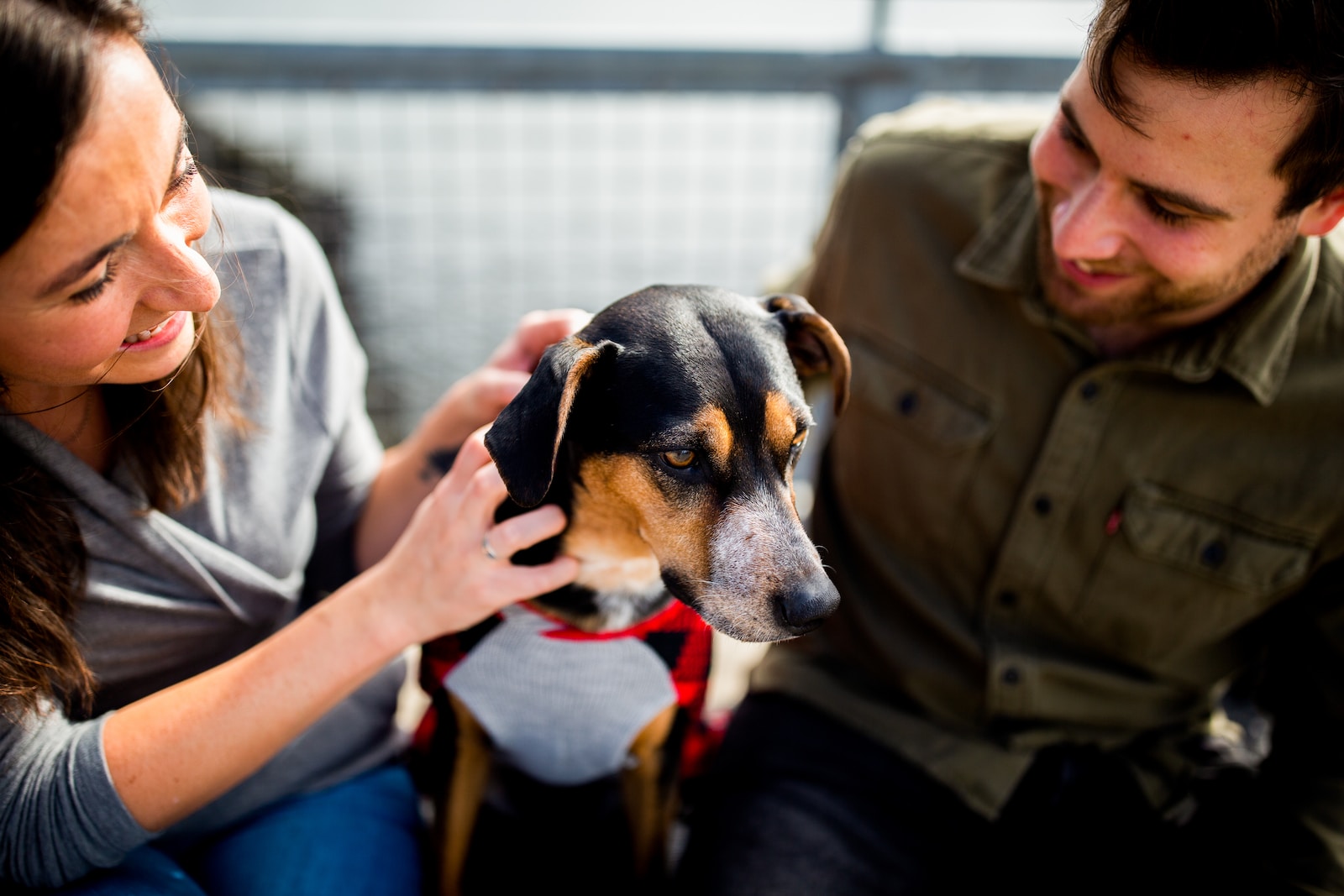Welcoming a rescue dog into your home can be a fulfilling and heartwarming experience. However, it also comes with unique challenges, especially when it comes training to rescue dog for potty. Many rescue dogs might have experienced neglect or inconsistent training, making them uncertain about where and when to relieve themselves.
In this article, we will provide you with a quick and effective guide to potty train your rescue dog. With patience, consistency, and positive reinforcement, you can help your new furry friend develop good bathroom habits and create a strong bond in the process.
Understanding Your Rescue Dog’s Background
Before diving into the training process, it’s essential to understand that your rescue dog might have had traumatic experiences or a lack of proper training in the past. This can lead to fear or anxiety related to potty time. Be empathetic and patient with your furry companion during this process, as it might take some time for them to trust you fully.
Set Up a Designated Potty Area
Creating a designated potty area for your rescue dog is crucial in establishing consistency. Choose an easily accessible spot in your backyard or close to your home. Dogs are creatures of habit, so having a consistent location for potty breaks will help them understand where it’s appropriate to relieve themselves.
Establish a Routine
Dogs thrive on routine, so try to establish a regular schedule for potty breaks. Take your rescue dog outside first thing in the morning, after meals, before bedtime, and at regular intervals throughout the day. By sticking to a routine, your dog will learn when it’s time to go and reduce accidents inside the house.
Positive Reinforcement
Positive reinforcement is a powerful tool in potty training your rescue dog. Whenever your dog successfully goes potty in the designated area, praise them enthusiastically and offer treats as a reward. This positive association will motivate your dog to repeat the behavior.
Use Clear and Simple Commands
During potty training, use clear and straightforward commands like “go potty” or “do your business.” Consistently use these phrases while your dog is relieving themselves, and eventually, they will associate the command with the action.
Supervision and Crating
Until your rescue dog is fully potty trained, it’s essential to supervise them indoors and keep them in a crate when you cannot directly supervise. Dogs generally avoid soiling their sleeping area, so crate training can be an effective way to prevent accidents inside the house.
Watch for Signs
Learn to recognize your rescue dog’s body language and behavior when they need to go potty. Sniffing around, circling, or becoming restless are common signs that they need to go. If you notice any of these signs, immediately take them to the designated potty area.
Cleaning Accidents Properly
Accidents are bound to happen during the training process. When they do, it’s crucial to clean them up properly to avoid lingering odors that might encourage your dog to repeat the behavior in the same spot.
Potty training a rescue dog requires time, patience, and understanding. Remember that each dog is unique, and the training process may vary from one to another. Be consistent, use positive reinforcement, and create a supportive environment for your furry friend to succeed in their potty training journey. With dedication and love, you will witness your rescue dog’s progress, building a strong and lasting bond along the way.
FAQs
How long does it take to potty train a rescue dog?
The time it takes to potty train a rescue dog can vary depending on the dog’s background and individual learning pace. It may take anywhere from a few weeks to a few months.
What if my rescue dog has accidents indoors?
Accidents are a normal part of the training process. Clean up the mess promptly and avoid punishment, as it may lead to fear and hinder progress.
Can I use pee pads for potty training?
While pee pads can be convenient, they might confuse the dog about the appropriate potty area. It’s best to stick to outdoor training for consistency.
Should I scold my dog for potty accidents?
No, scolding your dog for accidents can create a negative association with potty training. Instead, focus on positive reinforcement for desired behavior.
Is it too late to potty train an older rescue dog?
It’s never too late to potty train a dog. With patience and consistency, even older rescue dogs can learn new bathroom habits.

